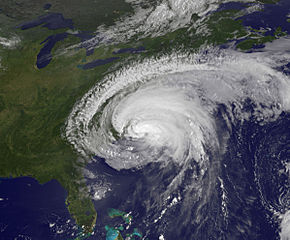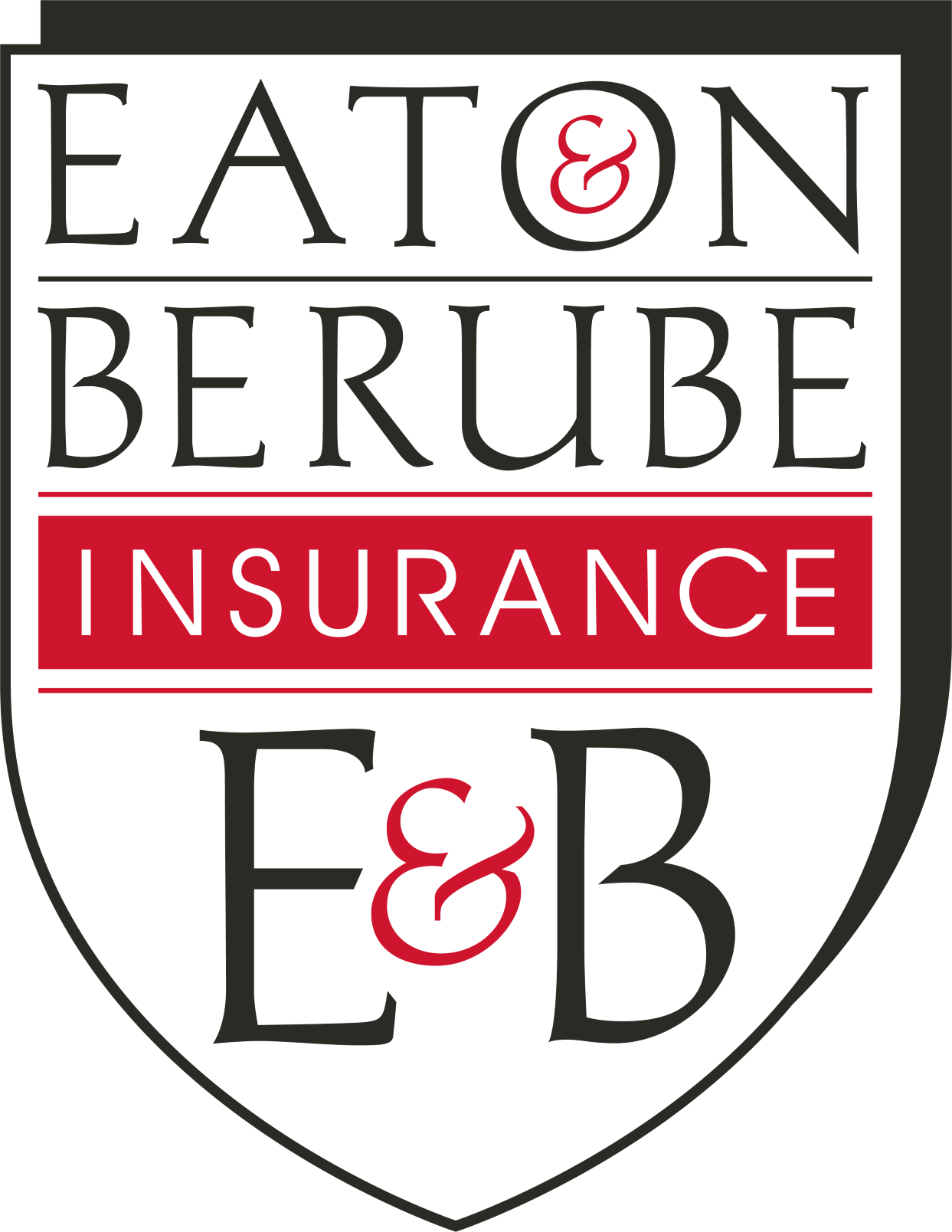In the Northern Atlantic Ocean, bordering the New England states, hurricane season extends from the beginning of June through the end of November. Although we can predict where hurricanes will hit, we can’t foretell exactly when they will occur; hurricanes can cause severe damage throughout the season. Two of the most destructive hurricanes to ever hit the area, Hurricane Sandy in 2012 and The Great Hurricane in 1938, both made landfall in the latter half of the season.
When a hurricane threatens our area it puts everyone at risk, but it leaves business owners in an especially difficult situation. Should you remain open to serve the community or close for you and your employees’ safety? If you are informed and prepared, the decision of whether or not to keep your business open during a hurricane threat will become more straightforward. Similar to creating an emergency action plan for your family, the following 10 hurricane preparedness tips will help you keep your employees safe and your business running during and after a storm.
 Review your insurance policies. Many times, the large volume of rain accompanying a hurricane causes flooding, and since most commercial insurance policies do not provide coverage for damage resulting from a flood, you may wish to secure a separate flood insurance policy for adequate protection. Be sure to review your limits and deductibles for all of your insurance policies.
Review your insurance policies. Many times, the large volume of rain accompanying a hurricane causes flooding, and since most commercial insurance policies do not provide coverage for damage resulting from a flood, you may wish to secure a separate flood insurance policy for adequate protection. Be sure to review your limits and deductibles for all of your insurance policies.- Assemble a list of important phone numbers and addresses. You need to be able to stay in contact with clients, suppliers, contractors, and employees during and after the storm. Keep hard and digital copies of your list saved both on-premises and off site.
- Write out a step-by-step emergency plan in clear, simple language. Notify all employees of this plan, assign responsibilities, and run practice drills to ensure that everyone is aware of the steps to take in the event of a hurricane.
- Consider your utilities and forms of communication. Do you need a back-up electrical generator or an alternate communications system? What about a reserve water supply and sanitary facilities? Keep the contact information for your utility companies and other important vendors handy.
- Decide how to keep customers, clients, suppliers, and employees informed. Post your intentions to your company’s blog, website, and social media accounts; as the storm approaches, keep these posts up-to-date. If possible, call, email, or otherwise notify everyone involved in your business to update them on how you are weathering the storm.
- Contact alternate suppliers. While your business may be capable of remaining open throughout the storm, the suppliers and other companies you rely on may not be as fortunate. Seek out and secure alternate supplier solutions in the event that there are interruptions in service.
- Reduce the risks of property damage. Oftentimes, windows, doors, basements, and entryways are weak points. Regardless of whether you plan to close or remain open, you may need sandbags for the doors, sealants for the basement, and plywood for the windows to prevent damage to your property.
- Keep duplicate business records. Whether it’s in your off-site safe deposit box or on your waterproof, fire-resistant external hard drive at home, make sure you have all of your important tax, business, and client information up-to-date and safe from harm. Click here for more information regarding safe document storage.
- Ensure you are in compliance with building codes. Stressful times can highlight weak spots in a business. If you are not in compliance with building codes and local ordinances, now is the time to bring your property up to code.
- Create a plan for your business’s recovery. If you know your business or property is likely to be damaged, make arrangements with contractors and service providers in advance. Once the storm passes, this will get your business back on track as soon as possible.
Remember, your first priority is your own safety and the safety of your employees. If you decide to remain open, following the steps outlined in these 10 hurricane preparedness tips will help you, your employees, and your business remain protected during and after a storm.
At Eaton & Berube, the protection of your business is important to us. For additional safety tips and useful resources, please subscribe to our blog or contact us.
